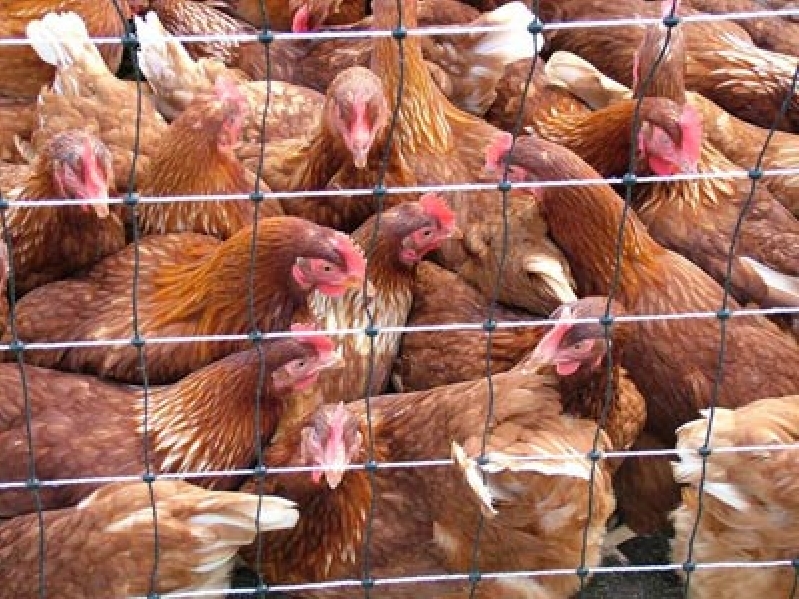
The first human case of H7N9 avian flu has been confirmed in Hong Kong, with the threat of an outbreak deemed "serious," according to Ko Wingman, the secretary for food and health in the region. The virus, which is often lethal to humans but cause no symptoms in birds, is circulating less than 30 miles from city's downtown.
The H7N9 virus, also known as bird flu, is transmitted to humans by infected chickens. The vast majority of cases come from direct contact with poultry or their feces, but it can also be passed from one human to another. Strains of bird flu have spread to Asia, Africa, and Europe in the past, and hundreds of millions of birds have been killed around the globe in an effort to prevent influenza from spreading.
According to CNN, the mortality rate of avian flu is usually around 60 percent; however, about one-third of those infected by the H7N9 virus have died to-date. The first outbreak of H7N9 avian flu originated in Shanghai earlier this year, but was contained when the city's poultry markets were closed down.
A human case of H7N9 flu has now been reported in Hong Kong - a housekeeper in her mid-thirties who is in critical condition in the hospital. The woman fell ill after eating chicken that she had bought and killed in the nearby city of Shenzhen. Hong Kong has not closed its poultry markets, but is suspending the import of chicken from certain farms in Shenzhen.
Symptoms of avian flu include a sore throat, cough, fever, and sometimes pneumonia. There are four drugs that help combat the flu if contracted, and scientists have also been working to develop a flu vaccination for H7N9.






